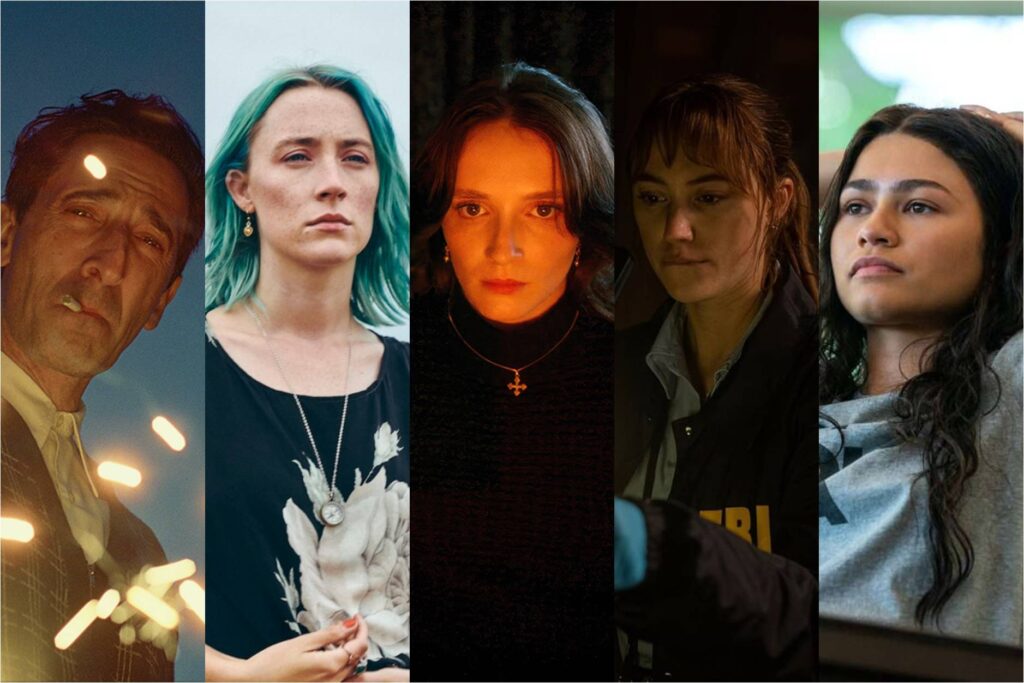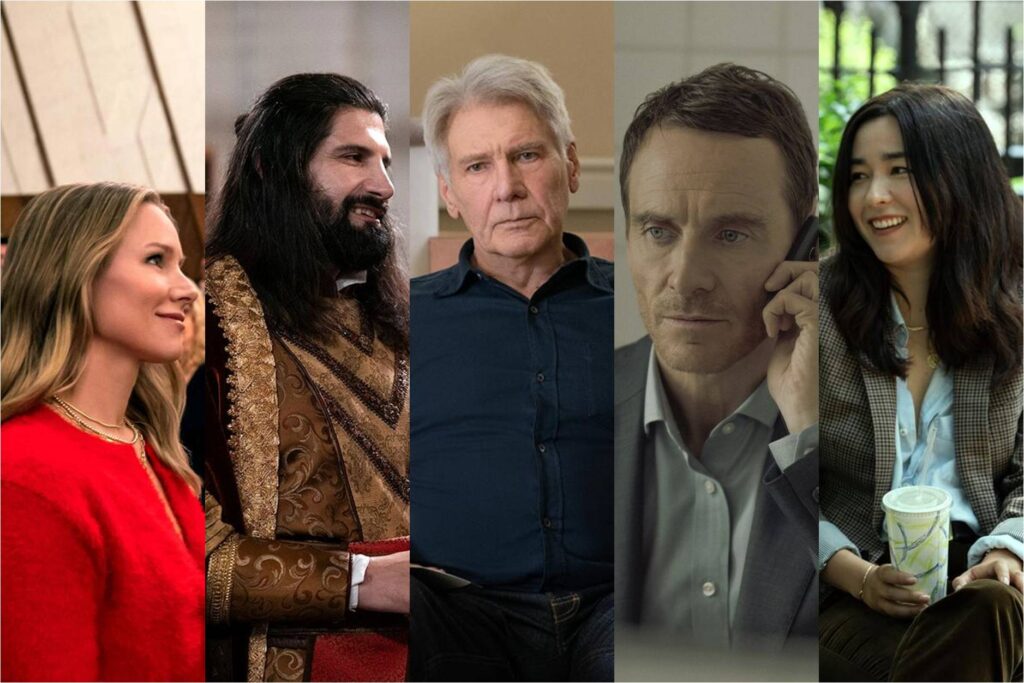The Best Movies of 2024

For critics, every year-end review of the movies is an exercise in both celebration and consternation. We praise the art form and also lament its inexorable degradation. We highlight our favorites while bemoaning that they didn’t make enough money. We applaud the industry’s democratization and kvetch about studios’ entrenched homogeneity. We rhapsodize about the stuff we adore and snarl that there’s so much else to despise. We write about what’s good and still find a way to feel bad.
And look, I get it. It’s hard not to survey the medium’s financial landscape without shuddering in despair; total grosses seem unlikely to ever return to pre-pandemic levels, and of the 22 movies that did make $100M domestic in 2024, exactly one was a bona fide original (the Ryan Reynolds vehicle IF). The endangered mid-budget drama continues to dwindle with alarming speed, as corporations would rather churn out four-quadrant sequels than finance nominally riskier fare. Higher ticket prices discourage audiences from visiting theaters, especially when they can remain home and gulp down the anodyne content fed to them by streaming algorithms. Teenagers seem more interested in perpetually scrolling through bite-sized videos on their phones than in immersing themselves in dark auditoriums for two hours, and also they won’t get off my lawn. Read More




